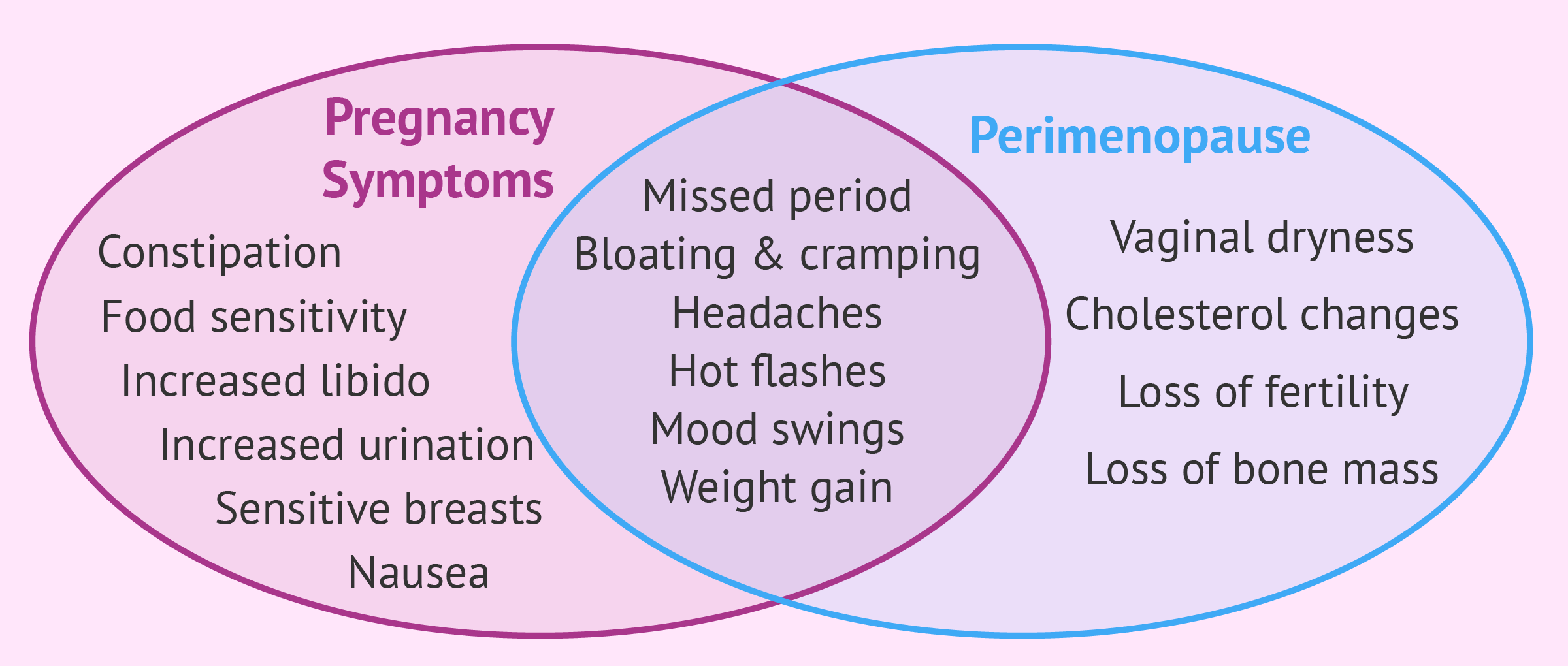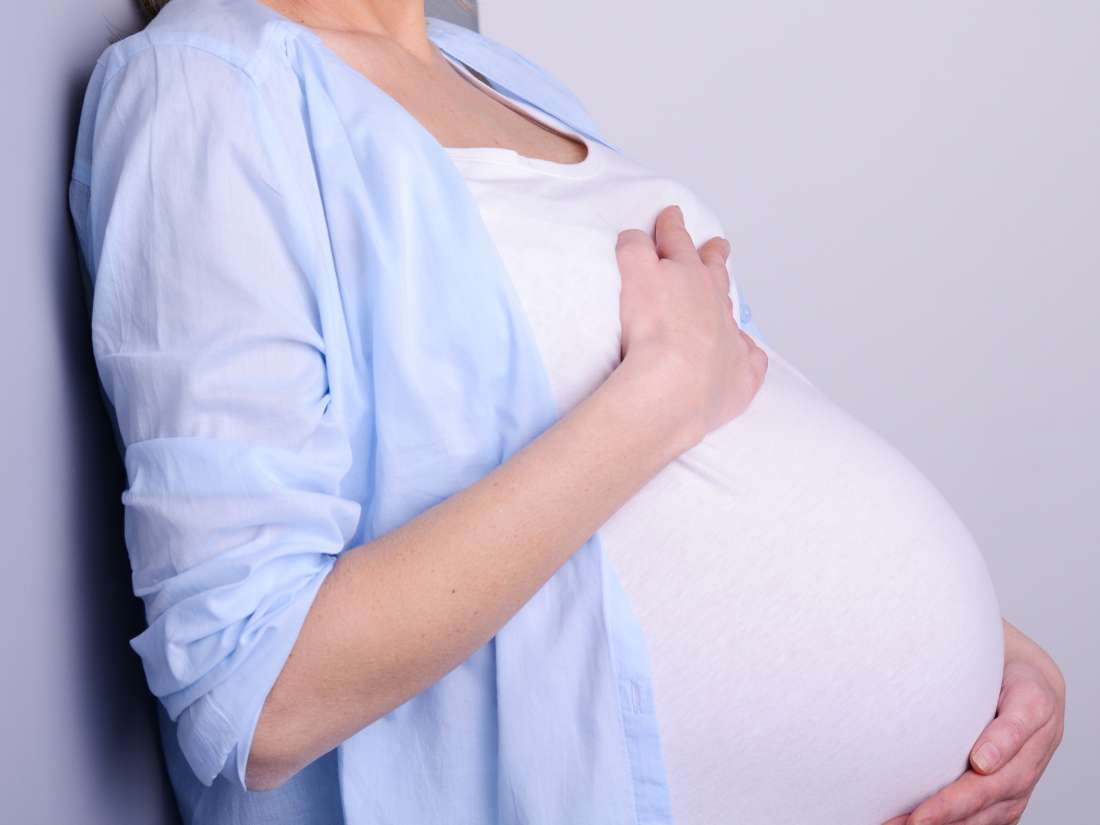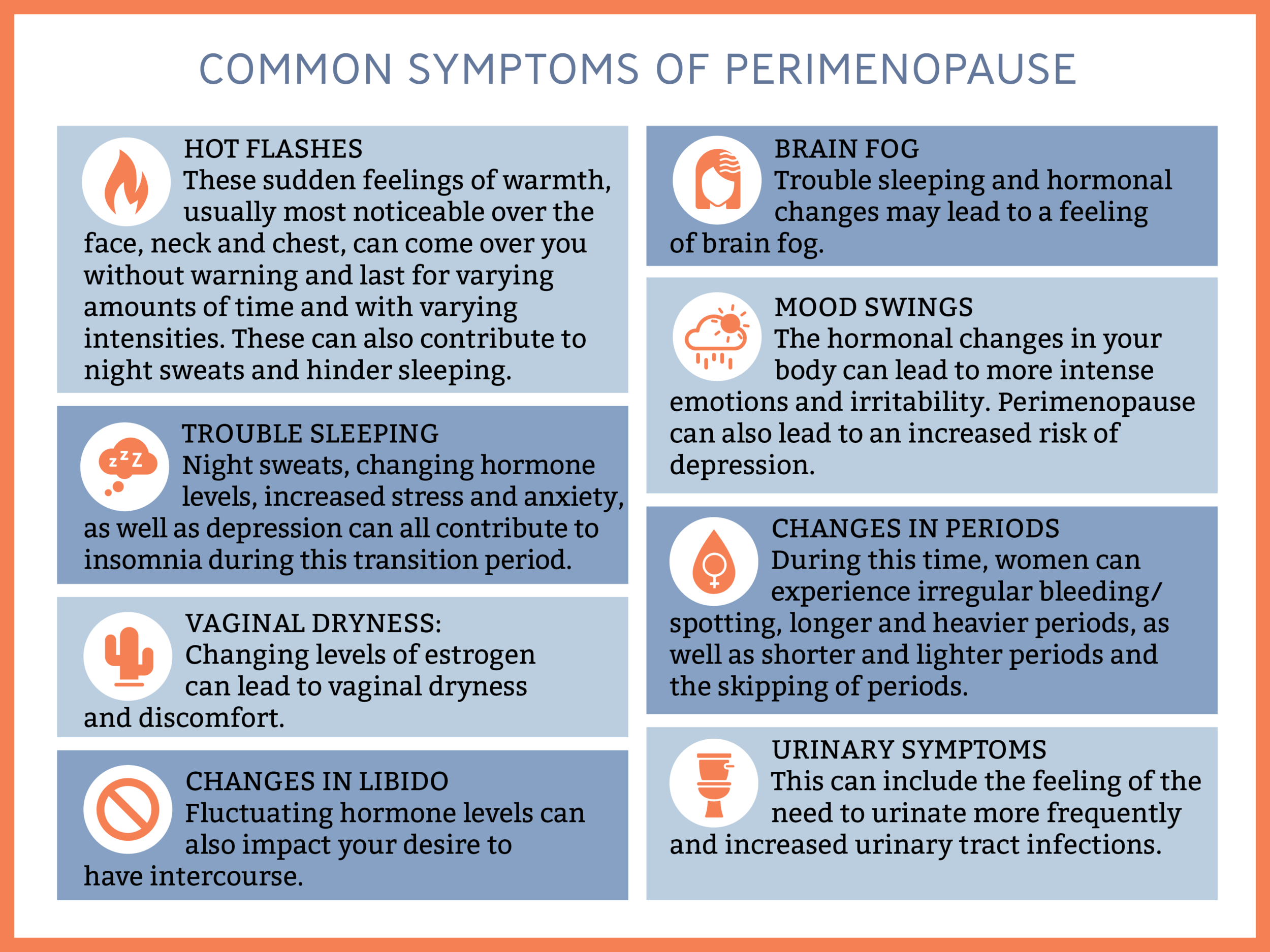Pregnancy during menopause, a topic that often sparks surprise and intrigue, presents a unique set of circumstances and considerations. As women transition through this natural biological phase, the possibility of conceiving may seem remote, yet medical advancements and hormonal shifts can make it a reality.
This article delves into the complexities of pregnancy during menopause, exploring its causes, risks, and ethical implications, while providing guidance for women navigating this extraordinary journey.
Understanding the biological processes involved in menopause, its associated symptoms, and hormonal changes is crucial for grasping the complexities of pregnancy during this life stage.
Defining Pregnancy During Menopause

Menopause is a natural biological process that occurs in women typically between the ages of 45 and 55. It marks the end of a woman’s reproductive years and is characterized by a decline in the production of the hormones estrogen and progesterone.
Symptoms of Menopause
Menopause can bring about a wide range of physical and emotional symptoms, including:
- Irregular periods or the absence of menstruation (amenorrhea)
- Hot flashes and night sweats
- Vaginal dryness
- Mood swings and irritability
- Difficulty sleeping
- Weight gain
Hormonal Changes During Menopause
The hormonal changes that occur during menopause are primarily responsible for the symptoms experienced. Estrogen levels gradually decline, leading to a decrease in the production of progesterone. This hormonal imbalance can cause a range of physiological and psychological effects, including changes in metabolism, mood, and sleep patterns.
Causes of Pregnancy During Menopause

Pregnancy during menopause is an uncommon occurrence, but it is possible. Several factors can contribute to this phenomenon, including risk factors, medical conditions, and fertility treatments.
Risk Factors, Pregnancy during menopause
- Age:The risk of pregnancy during menopause is highest in women who are in their early to mid-50s, as this is the time when the body is transitioning into menopause.
- Genetics:Some women are genetically predisposed to having a later menopause, which increases their risk of pregnancy during this time.
- Lifestyle Factors:Certain lifestyle factors, such as smoking, obesity, and excessive alcohol consumption, can contribute to an earlier menopause and a higher risk of pregnancy during this period.
Medical Conditions
Certain medical conditions can also contribute to pregnancy during menopause. These include:
- Polycystic Ovary Syndrome (PCOS):PCOS is a hormonal disorder that can cause irregular periods, ovulation, and fertility problems. It can also lead to an earlier menopause, increasing the risk of pregnancy during this time.
- Premature Ovarian Failure (POF):POF is a condition in which the ovaries stop functioning prematurely, leading to an early menopause and an increased risk of pregnancy during this period.
- Ovarian Tumors:Certain ovarian tumors can produce hormones that stimulate ovulation, increasing the risk of pregnancy during menopause.
Fertility Treatments
Fertility treatments can also increase the risk of pregnancy during menopause. These treatments, such as in vitro fertilization (IVF), can stimulate ovulation and increase the chances of conception.
Risks and Complications of Pregnancy During Menopause
Pregnancy during menopause carries several potential health risks for both the mother and the baby. These risks are primarily due to the advanced maternal age and the associated physiological changes that occur during menopause.
One of the most significant risks is the increased chance of chromosomal abnormalities in babies born during menopause. This is because the eggs produced by women over the age of 40 have a higher likelihood of containing chromosomal defects. These defects can lead to various genetic disorders, such as Down syndrome and trisomy 18.
Specialized Medical Care
Given the elevated risks associated with pregnancy during menopause, specialized medical care is crucial. This care typically involves:
- Regular prenatal checkups and ultrasounds to monitor the baby’s growth and development
- Genetic counseling to discuss the potential risks of chromosomal abnormalities
- Amniocentesis or chorionic villus sampling (CVS) to test for genetic defects
- Increased surveillance for pregnancy-related complications, such as gestational diabetes and preeclampsia
- Close monitoring of the mother’s overall health and well-being
Ethical Considerations

Pregnancy during menopause raises ethical considerations that involve societal attitudes, individual autonomy, and the well-being of both the mother and potential child.
Societal attitudes towards pregnancy during menopause vary widely. Some cultures may view it as a natural occurrence, while others may consider it inappropriate or even immoral. These attitudes can influence the decisions made by women and their families.
Informed Decision-Making
Given the ethical implications, informed decision-making is crucial for women considering pregnancy during menopause. This involves understanding the risks and benefits associated with pregnancy at an advanced age, as well as the potential impact on their own health and the well-being of the child.
Healthcare providers have an ethical obligation to provide accurate and unbiased information to women considering pregnancy during menopause. This includes discussing the potential risks and complications, as well as the available options for fertility treatment and assisted reproductive technologies.
Commonly Asked Questions
Is pregnancy possible after menopause?
Yes, pregnancy after menopause is possible, although it is rare. Menopause is defined as the absence of menstrual periods for 12 consecutive months, and after this point, natural pregnancy is generally not possible. However, with the use of assisted reproductive technologies, such as IVF with donor eggs, pregnancy can still be achieved.
What are the risks of pregnancy during menopause?
Pregnancy during menopause carries certain risks, including an increased risk of chromosomal abnormalities in the baby, premature birth, and low birth weight. Advanced maternal age can also increase the risk of pregnancy complications, such as gestational diabetes and preeclampsia.
What are the ethical considerations of pregnancy during menopause?
Pregnancy during menopause raises ethical considerations, such as the impact on the woman’s health, the potential for genetic abnormalities, and the societal implications of having a child at an older age. It is important for women to carefully consider these factors and make informed decisions in consultation with their healthcare providers and loved ones.